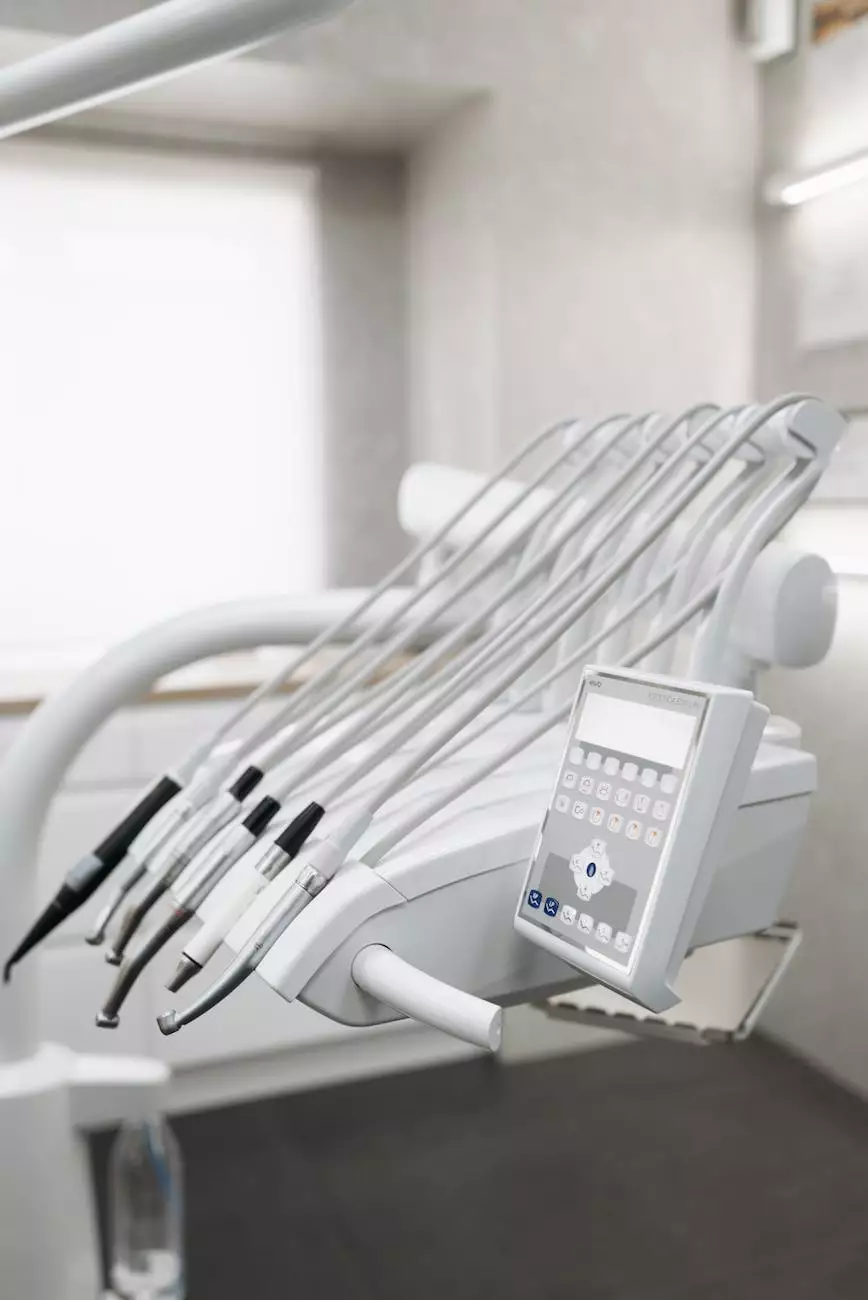Pristiq: Side Effects and How to Manage Them
Services
Introduction
Welcome to the comprehensive guide on Pristiq, its potential side effects, and effective ways to manage them. As a trusted resource in the field of healthcare, Benjamin Shettell, MD aims to provide you with valuable information to help you understand and navigate your Pristiq journey.
What is Pristiq?
Pristiq is a prescription medication primarily used to treat major depressive disorder (MDD) and generalized anxiety disorder (GAD) in adults. It belongs to a class of medications known as serotonin-norepinephrine reuptake inhibitors (SNRIs). Pristiq works by increasing the levels of serotonin and norepinephrine in the brain, which can help improve mood and reduce anxiety.
Pristiq Side Effects
While Pristiq can be highly effective in treating depression and anxiety, like any medication, it may cause certain side effects. It's important to be aware of these potential side effects to ensure your safety and well-being. Common side effects of Pristiq may include:
- nausea
- dizziness
- headache
- insomnia
- drowsiness
- constipation
- dry mouth
- sweating
It's worth noting that not everyone experiences these side effects, and they often subside as your body adjusts to the medication. However, if any side effects persist or worsen, it's crucial to consult your healthcare provider for further guidance.
How to Manage Pristiq Side Effects
1. Nausea
If you experience nausea when taking Pristiq, try taking the medication with food to minimize stomach discomfort. Eating smaller, more frequent meals throughout the day may also help alleviate symptoms. Additionally, avoid spicy or greasy foods that could exacerbate nausea.
2. Dizziness and Headache
Dizziness and headaches are common side effects that may occur during the initial stages of Pristiq treatment. Ensure you stay hydrated by drinking plenty of water. Getting up slowly from a sitting or lying position can also help prevent dizziness. To alleviate headaches, over-the-counter pain relievers approved by your healthcare provider can be used.
3. Sleep Disturbances
Insomnia or changes in sleep patterns may occur when starting Pristiq. Practice good sleep hygiene by establishing a consistent bedtime routine, avoiding caffeine and electronic devices before bed, and creating a comfortable sleep environment. If sleep disturbances persist, it's advisable to discuss this with your healthcare provider.
4. Gastrointestinal Issues
Some individuals may experience constipation or dry mouth while taking Pristiq. Staying adequately hydrated, consuming a fiber-rich diet, and engaging in regular physical activity can help mitigate constipation. For dry mouth, drinking water throughout the day and using sugar-free lozenges or gum can provide relief.
5. Sweating
Excessive sweating is another potential side effect of Pristiq. Dressing in lightweight and breathable clothing, using antiperspirant products, and keeping a cool environment can help manage excessive sweating. If sweating becomes bothersome, consult your healthcare provider for further guidance.
Conclusion
Pristiq is an effective medication for managing major depressive disorder and generalized anxiety disorder. While side effects may occur, most are mild and can be managed with appropriate strategies. It's important to communicate any concerns or persistent side effects with your healthcare provider to ensure optimal treatment outcomes. Benjamin Shettell, MD is committed to providing comprehensive care and guidance throughout your Pristiq journey. Contact us today to schedule an appointment and discuss your treatment options.










